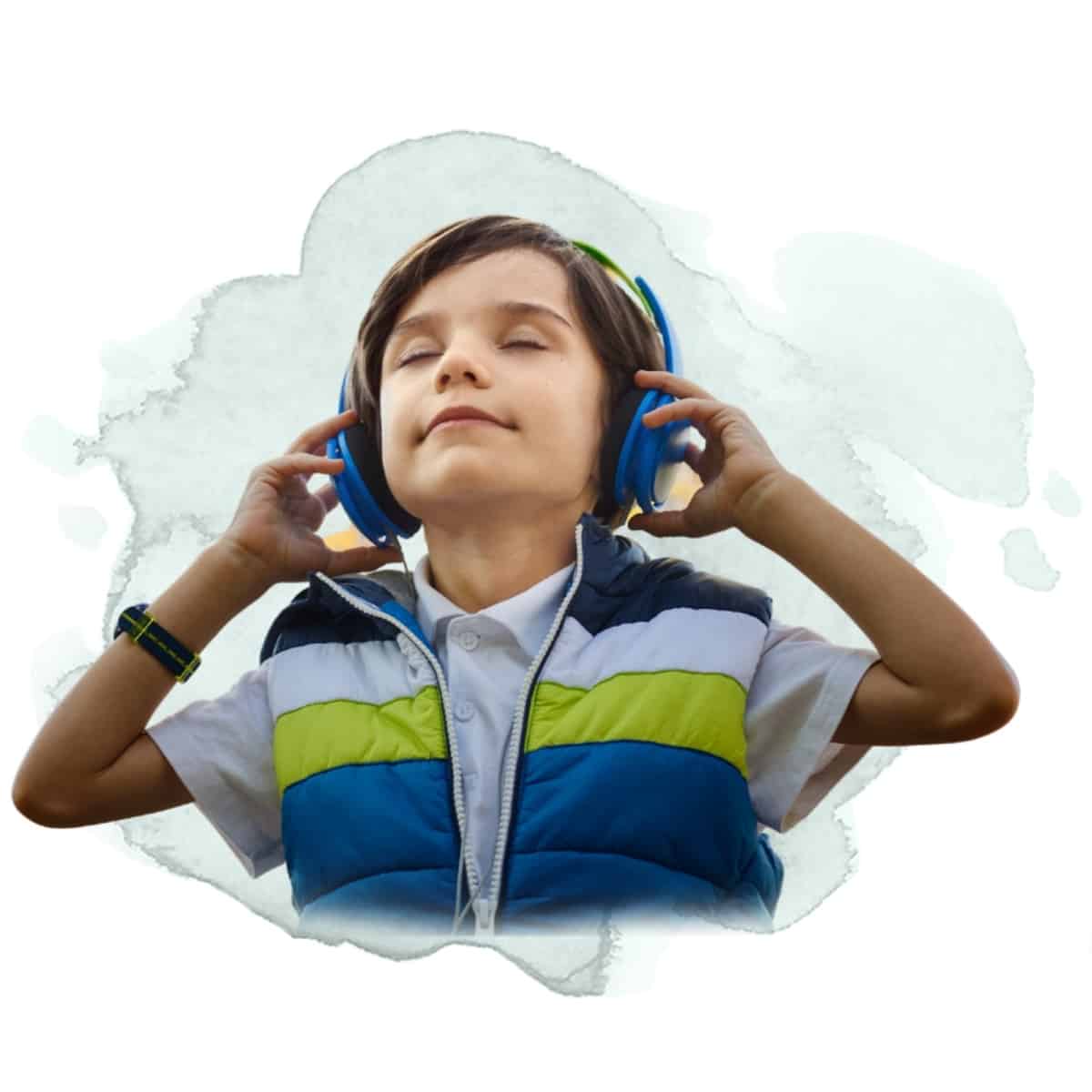Associate Name: Christine King, COTA/L
Name of Organization: Project CHILLD
Age and Gender of Client: 40-year-old woman, diagnosed with misophonia and OCD
Background
Anna is a 40-year-old woman diagnosed with misophonia and OCD. Anna describes her misophonia symptoms as a source of such anxiety; she would often have physical responses to specific sounds. Some of her specific “trigger” sounds were the pronunciation of “s” and “t” as well as sniffling, eating and the sounds of others’ breathing. The misophonia became a trigger for OCD behaviors. Anna reported that as a result of the misophonia, she rarely felt comfortable leaving the house. She had taken a job that allowed her to work from home as a means of survival. She was dependent on earplugs in social situations, including time spent in common areas of the apartment she shared with a roommate. It had been years since Anna was able to eat in close proximity to others without her earplugs.
Anna has a history of sexual abuse as a child and suffers from depression and anxiety. As young adult, Anna underwent a psychiatric hospitalization. In recent years, with the help of professionals, Anna has taken herself off most of her medication. She has also participated in many alternative therapies, including psychotherapy, EMDR (Eye Movement Desensitization and Reprocessing) and Re-evaluation Counseling.
In July 2016, Anna completed a combined integrated listening therapy and neurofeedback protocol. Although Anna had reported remarkable changes to her energy, organization and general sense of well-being as a result of her sound therapy and neurofeedback program, she continued to suffer from misophonia. Of note, while participating in listening, Anna often reported that the music contained too many “trigger sounds.”
Program Used
In August 2016, Anna completed the five-day Safe and Sound Protocol (SSP) as part of a feasibility trial.
As early as session one, Anna noticed a decrease in the trigger sounds within the music. She reported being “very relaxed” most of the day post-listening.
By the completion of her second session, Anna reported that she was able to go to lunch with what she described as “loud eaters” without earphones for the first time in years. Anna states that although she heard “trigger” sounds in the environment, her OCD was not as activated by them, and remarked, “It’s felt for a long time that the doors to my sensory processing were jammed open, and the OCD was trying to block what was coming in. This seems like the doors are trying to function [and] work on their own. It seems like my brain is trying to do it differently.”
Upon completion of the third session, Anna reports feeling very tired; however, again she was able to go to lunch with friends and not wear headphones. She reported that she was still aware of trigger sounds but they were not noxious to her. Both sessions four and five brought a deep sense of relaxation. Anna wrote on her final observation sheet, “Thank you for developing this program and allowing me to participate.”
Three weeks post-program, Anna reported continued improvements related to her misophonia. She said she is “astounded” at the results. She had recently attended a workshop and was able to participate without earplugs. She was able to meet friends for lunch at local restaurants and engage in social situations without the aid of earplugs. She reported an overall decreased level of anxiety and hypervigilance that she had long been imprisoned by. Anna also reports continued improvements to sleep patterns and sleep quality.




 © 2025 Unyte Health US Inc.
© 2025 Unyte Health US Inc.